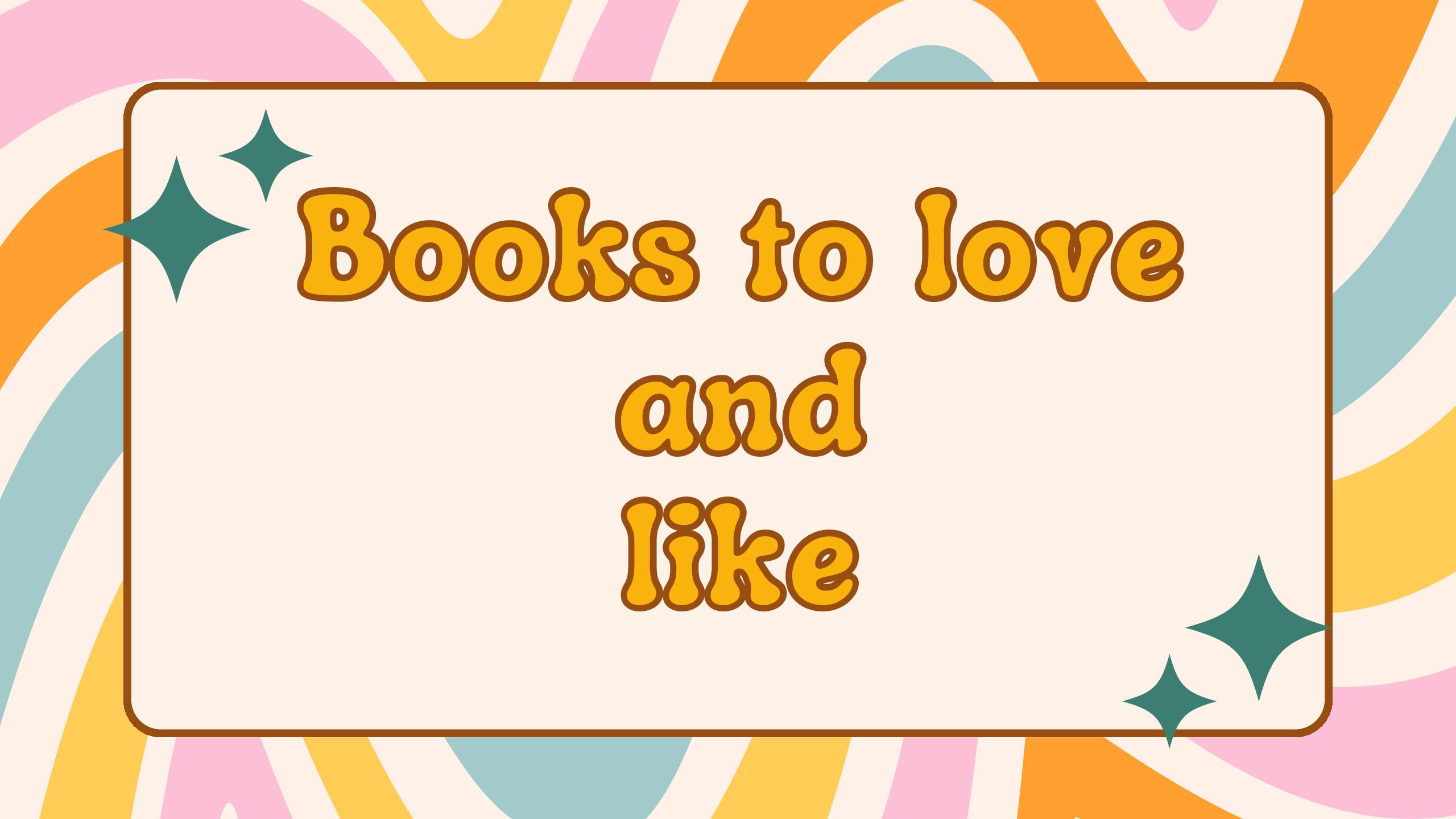I sometimes feel like a rebel when I’m up for writing a Fun Reads Friday post. I don’t do a good job with the actual “review” part of my book review. My posts are more like, “This book was great! Loved the quirky characters. Swoon for the clean romance. If you like [insert-particular-genre], go get yourself a copy!”
Today, I’m even more of a rebel, as I’m not even reviewing a fiction book. *Gasp!*
Instead, I want to bring your attention to two books written by two different authors, which I recommend to parents and teenagers alike, and possibly emotionally mature tweens. Children younger than that will definitely benefit from the content in these books but would receive it best from their parents engaging in meaningful conversations.
What are these books? So glad you asked.
They are:

You’re Not Enough (and That’s Okay), subtitle: Escaping the toxic culture of self-love, by Allie Beth Stuckey, and…

Live Your Truth and Other Lies, subtitle: Exposing popular deceptions that make us anxious, exhausted, and self-obsessed, by Alisa Childers.
I have a physical copy of each book, which says a lot right there, since I don’t have a bunch of money to splurge on all the titles on my TBR list. Some books I regret purchasing because the content ended up being different than what was advertised, but these two books are keepers. I devoured Allie’s book in one weekend (a rare accomplishment for me to read something so quickly these days), and I was so enthralled with Alisa’s writing that when it came time for me to put down the half-read book and get some outside chores done, I borrowed the audiobook from Hoopla and listened to the rest as I stained wood and pulled weeds.
In their unique ways, these two authors bring to light the subtle-yet-false teachings that are infiltrating churches and becoming popular in Christian circles, especially among women’s Bible studies. Ideas such as we are enough; we’re our own hero; we’re perfect the way we are; God just wants us to be happy; girl power is real power (don’t get me started!); and we shouldn’t judge (somebody hide my soapbox). Entire chapters are devoted to dissecting the faults in each of these ideas, dispelling the lies, and instilling biblical truths to ground us in sound theology.
Charles Spurgeon has said, “Discernment is not knowing the difference between right and wrong. It is knowing the difference between right and almost right.” And A.W. Tozer writes, “So skilled is error at imitating truth, that the two are constantly being mistaken for each other. It takes a sharp eye these days to know which brother is Cain and which is Abel.”
Now, in a world where words supposedly have no meaning—until the opposition wants a word to have meaning; where people think there’s no absolute truth—until their truth butts up against someone else’s truth; where Bible verses are consistently taken out of context and twisted and reinterpreted to “say” something that is actually unbiblical–even in the pulpits!–it is imperative that Christians recognize and discern the wolfish lies dressed in sheep clothing.
Paul tells us in 2 Corinthians 11:14 that Satan himself “masquerades as an angel of light.” Which means Satan is going to come at us looking good and sounding good, because possibly 90% or more of what he suggests is going to be rooted in truth. But that last 10% will be the lie, which then makes the whole statement false. Yet too many of us will be so taken with the 90% that we’ll miss the 10% and jump on board with the faulty message.
(Some might think a message is still good enough when it’s filled with so much truth, but if a glass is filled with 99% water and 1% poison, no one is going to drink that glass of water! Why should it be any different when it comes to contending for our faith (Jude 3) and teaching the next generation?)

So, these two books do a great job helping to unmask many of the false messages we’ve unwittingly received and accepted, and they direct us back to Scripture.
Which, if you think about it, should be the end goal: getting us back to Scripture. Back to the Bible. Back to God’s Word.
It is said that bankers will recognize a counterfeit 100-dollar bill not because they’ve spent hours studying all the ways one can pull off a fake bill, but rather because they’ve spent so much time studying the real 100-dollar bill.
Likewise, we won’t recognize the many lies pervading our society because we’ve read books on all the different issues; rather, we’ll recognize the lies because we know the truth in the Word of God.
So, really, I guess this post is a recommendation for, and a reminder to read, the all-time best-selling, most scrutinized, most affirmed, most authentic, most trusted, you-either-love-it-or-you-hate-it, Spirit-infused letter from God—the Holy Bible. 😄







Great post, Laurie. I am forwarding this to parents I know, and maybe getting some copies for the teen girls in my life.
They’re fast, engaging reads. I’ve thought they might be good to use as a Bible study with high school and/or college girls. 🙂
Both of these sound great. Very timely recommendations! Thanks!